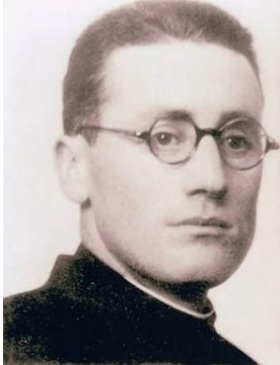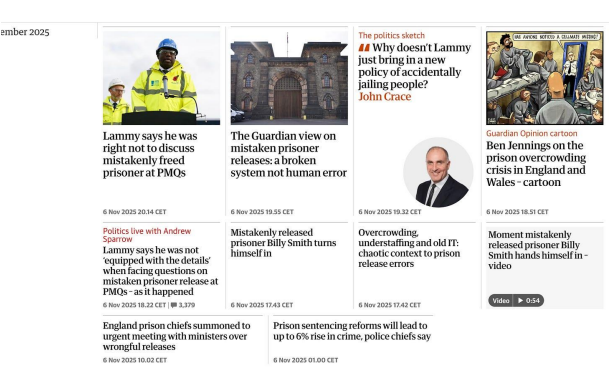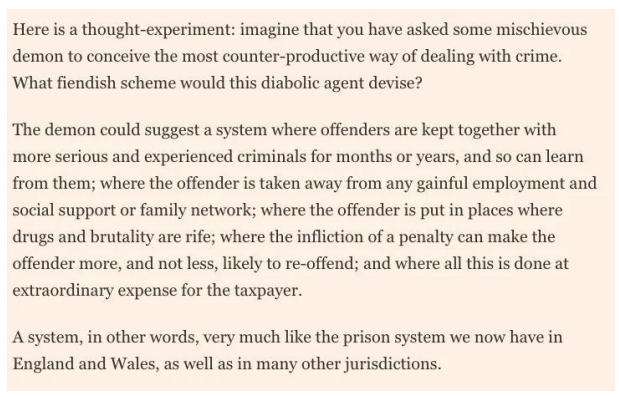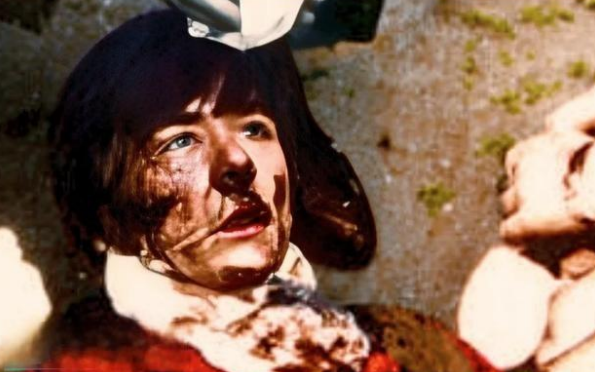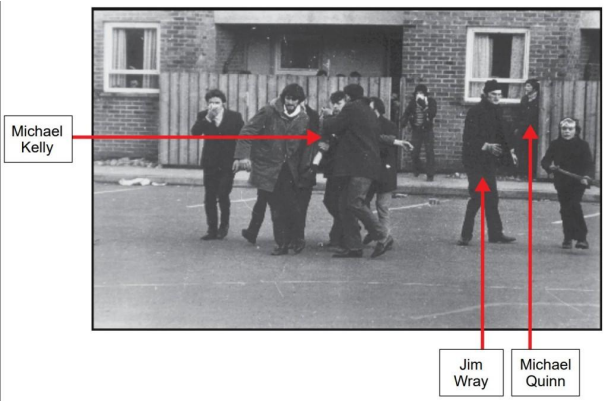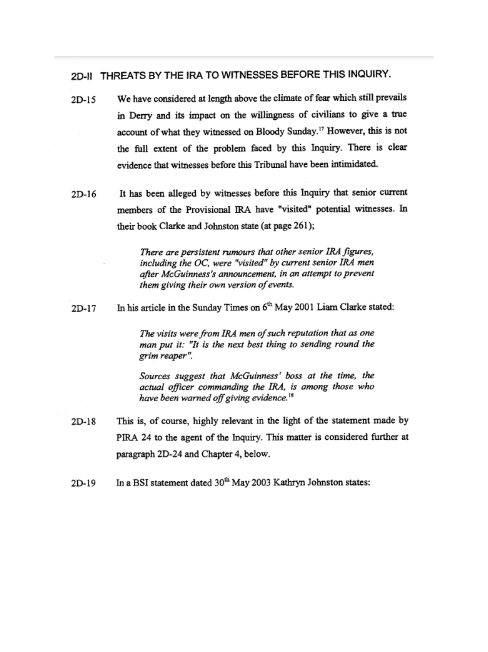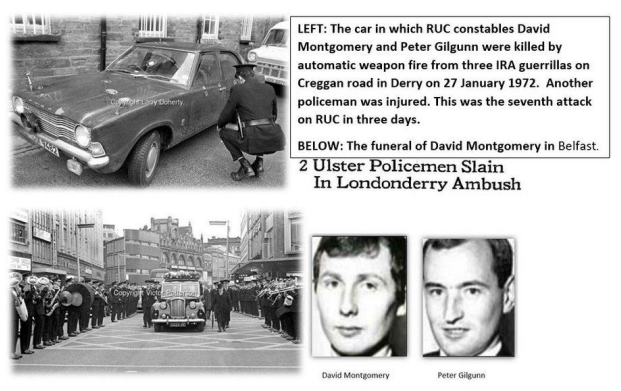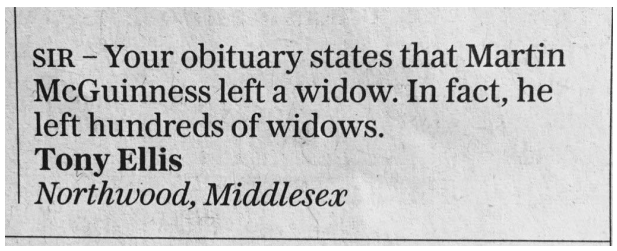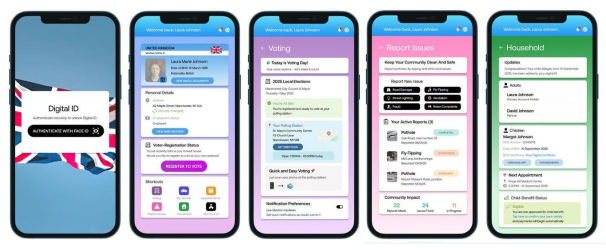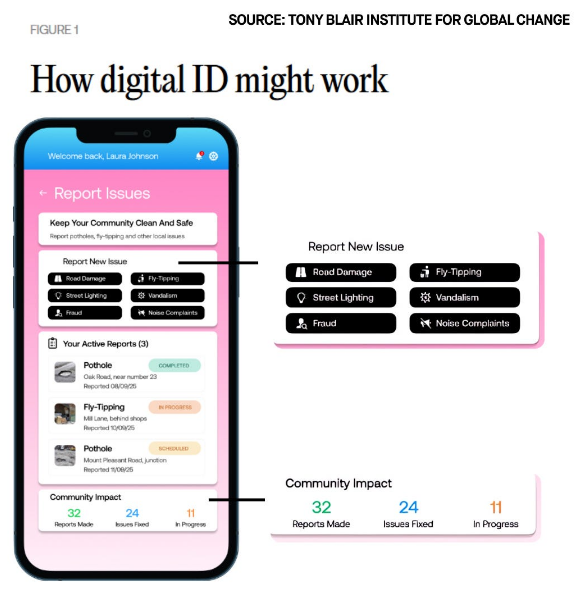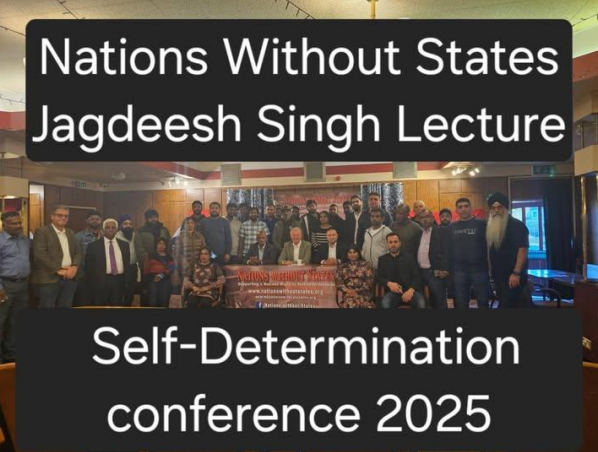.
JUST OVER a week ago, Sir Keir Starmer announced that he was introducing a UK-wide digital ID scheme. This – and presumably unintentionally – immediately achieved two things:
First, the highly unpopular Prime Minister made himself even more unpopular, which is some feat in itself.
Secondly, he achieved the virtually impossible goal of uniting all political parties in Ulster to agree on something – and that’s to oppose the scheme.
We’ve always argued that Starmer is a Blairite & has absolutely no interest in the lives of ordinary working families. So much so, that he’s effectively Tony Blair in disguise. Many people remember Blair for political ‘spin’ & talking out of both sides of his mouth at the same time. Starmer has done the same when it comes to introducing digital ID.
For against the backdrop of widespread concern over various aspects of mass immigration, he’s hypocritically & shamelessly claimed that the new digital ID scheme will help combat illegal working – as digital ID will be mandatory for Right to Work checks. (Prior to this announcement, Starmer had effectively called anyone & everyone who had the slightest concern about immigration as ‘extreme right-wing’ and ‘racists’.)
However, many people believe that using the subject of immigration – to introduce digital ID – is just a smokescreen. They, like ourselves, feel that it’s more to do with control.
One such person is Ricky Hale, who writes for Council Estate Media. Ricky Hale offers an anti-establishment, working-class perspective on life & Council Estate Media is a website and newsletter focusing on working class politics and creeping authoritarianism.
.
It goes without saying that there are no links between the National Liberal Party, Ricky Hale and Council Estate Media. We reproduce this article in line with our longstanding policy of featuring articles that represent a diverse range of opinion that may be of interest to our readers.
.
Support For Digital IDs Has Collapsed In The UK
.
.
In the summer, 53% of the public supported digital ID and only 19% opposed. Today, only 31% support and 43% oppose. Interestingly, 32% say they “strongly oppose”, meaning the strongly oppose camp is greater than the support camp. While Starmer has not yet u-turned, it would be suicidal for him to continue.
.
Starmer’s approval rating of -66% is the lowest of any prime minister since 1977. It seems everything Starmer does, makes him less popular, and it’s absolutely deserved. He has spent his time in office u-turning on every manifesto pledge, only to push a policy that was not in the manifesto.
.
Starmer is desperate for a flagship policy that his donors will allow – and they will only allow policies that grow their wealth and power. He saw digital ID as an easy win, something he could sell to the public as making their lives easier while tackling illegal immigration. Something that would make his mark as prime minister.
.
Starmer overlooked that there had not been a national conversation on digital ID. The moment we started having one, people’s minds changed. Anyone who supports digital ID after hearing the arguments is either authoritarian or gullible.
.
Once digital IDs are required to access the internet and log into social media sites, they will make censorship dramatically easier. And there is no doubt censorship is one of the aims here.
.
Just look at the Labour conference where Starmer revoked the press passes –
https://x.com/owenjonesjourno/status/1972984375651586337 – of journalists such as Owen Jones and Rivkah Brown and banned the good folks from Declassified UK. Labour claimed it was a safeguarding issue. MPs were arguing that they were being harassed because they were questioned about Gaza. Emily Thornberry even accused Jones of misogyny. Clearly, our rulers think they should not be held accountable by journalists, or by anyone.
.
Just look at what Labour MP Luke “the nuke” Akehurst had to say:
.
.
Both Reform and the Tories are the same as Labour when it comes to hostility towards journalists (ironically, Starmer had previously mocked Reform for this).
.
In the US, Trump has an extremely hostile relationship with the press and is cracking down on free speech. The politicians who treat journalists as the enemy would absolutely silence us if they could.
.
Imagine a time when politicians saw a tweet or blog post and all they had to do was check the digital ID associated with your account and issue a ban. That’s the world we could be heading into – the forced sale of TikTok being a perfect example of our rulers’ intentions.
.
As you are probably aware, Starmer’s push for digital ID has been driven by the Tony Blair Insitute. Its website spells out the grand vision of digital ID becoming an everything app that would micro-manage our lives –
https://www.independent.co.uk/news/uk/politics/digital-id-card-uk-starmer-labour-immigrants-b2834389.html It talks of adding your children to the app, using it to access healthcare, book appointments, and manage your benefits claims. These infographics show how it would know everything about you and your household.
.
.
The infographics were made with the help of Labour Together, the group behind Starmer’s leadership bid. Just look at this handy infographic explaining how digital ID would turn into a snitching tool.
.
.
Snitching is central to authoritarian societies. It enables the ruling class to exert control by putting eyes everywhere. We have lived in denial that we could ever become such a society, yet the authoritarian vision is being spelled out for us.
.
Every street has its busy bodies. I remember sitting at a friend’s house years ago and their neighbour called the police, accusing us of banging on her window and making loud noise. We had been doing nothing of the sort. This person was notorious for falsely accusing people. You can imagine a snitching app in the hands of a person like this.
.
You could argue that we can already snitch to the police or council, but at present, it is not encouraged. Most people snitch as a last resort, but an app like this would actively encourage snitching. The saddos who use Next Door would have a field day.
.
Under Blair’s vision, you wouldn’t have to do something wrong in order to have to defend yourself against accusations. Such a system would create a climate of fear in which neighbours are turned against each other and everyone is scared to exist.
.
A key argument from the gullible is that digital IDs have been introduced elsewhere and haven’t been as scary as us conspiracy theorists are making out, only this is not true.
.
We have plenty of horror stories, such as the Vietnamese government deleting the bank accounts –
https://thaitimes.com/vietnam-closes-86-million-untouched-bank-accounts-over-biometric-id-rules – of anyone who did not register their digital IDs. Eighty-six million bank accounts were deleted – about 40% of the total bank accounts in the country. Many of those deletions were because the owners refused to register their faces and fingerprints – the excuse being Know Your Customer rules.
.
Vietnam aims to have a cashless society by 2030. The Tony Blair Institute is keen to link digital IDs to banking and purchasing. Can you see the danger yet?
.
It’s worth noting that western countries have not yet introduced digital IDs in the way Starmer is proposing. Either their digital IDs have been optional, or they have introduced an ID card, rather than a digital ID.
.
Later down the line, those cards could become digital IDs, and all the scary stuff could then start. The system would not become fully authoritarian until most or all countries in the global north had adopted it.
.
.
When we discuss the scary potential of digital IDs, the point is they will start off innocuously, but gradually increase the power of bad people. We will soon find ourselves at the mercy of such people, and remember, today’s science fiction is tomorrow’s science fact.
.
.
We are talking about people who hold presentations fantasising about mind-reading technologies in work places. Klaus Schwab gets positively aroused when he talks about putting microchips in people’s brains. Are you ready for brain transparency?
.
.
.
If you highlight what these people talk about, you will get looked at as though you are crazy, but as you can see, they are the crazy ones.
.
Digital IDs are not just a bad idea. They are pretty much the most dangerous idea anyone could come up with, because once they are in place, they can become near impossible to get rid of. If you want to stop them, now might be the only opportunity you get.
.
One positive of Starmer’s announcement is that the left, right and centre are coming together, instead of squabbling among ourselves. Those of us who have been paying attention are fully aware of the dangers of digital IDs and we have done a good job of kicking up a fuss, so well done everyone who joined in. Your contribution is appreciated.
.
On those rare occasions when we stop seeing each other as the enemy and direct our ire towards the ruling class, we can really make a difference. Ironically, this level of awareness is one thing digital ID was hoping to stop.
